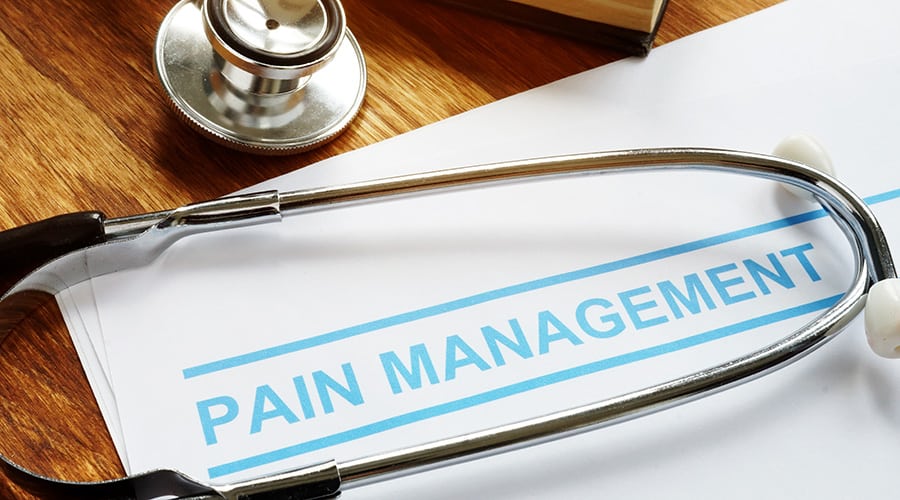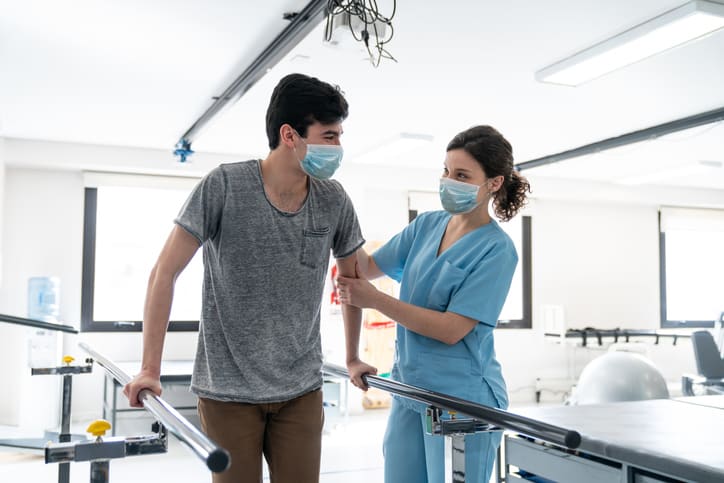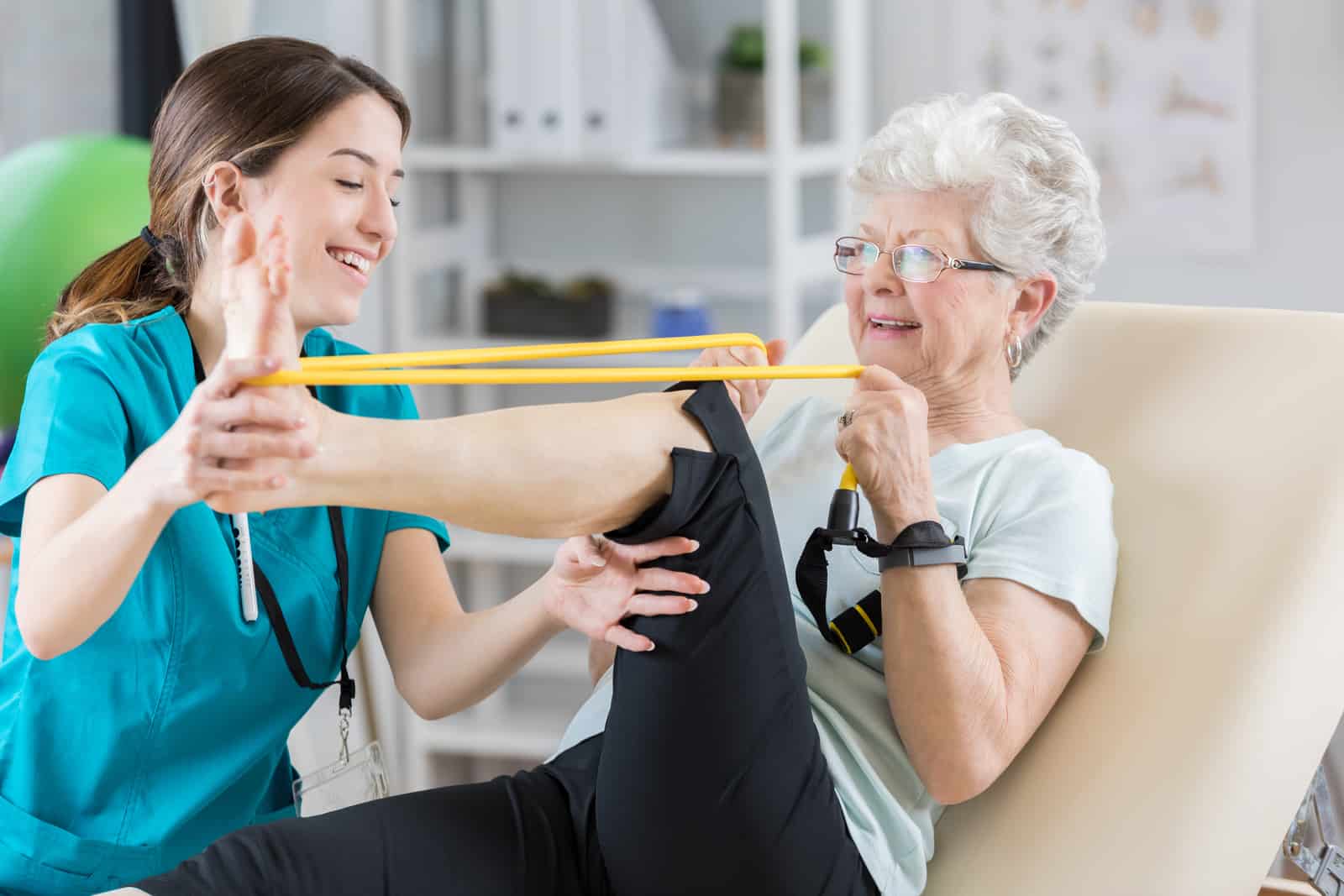
Physical therapy foremost among suggested activities
The Minnesota Department of Health (MDH) announced the funding of five new grantees who will focus on providing Minnesotans with non-narcotic options for treating pain. The effort will also produce a digital statewide map next year of pain management resources.
Opioid-free pain management can include physical therapy, exercise therapy, cognitive behavioral therapy, massage, chiropractic, acupuncture, mind-body therapy such as breathing and meditation, movement therapies such as yoga or Tai Chi, culturally-based healing, behavioral approaches related to diet and wellness coaching and other treatments.
The announcement comes as drug overdose deaths in Minnesota reached a statewide high last year of 761 deaths, according to preliminary 2019 drug overdose death data (PDF) released by the health department.
“Drug overdoses have claimed the lives of too many Minnesotans,” Minnesota Commissioner of Health Jan Malcolm said. “Patients and providers should work together to determine a patient’s best treatment options for managing pain, including through non-medication options. Many overdoses can be prevented through support for opioid-free pain management options.”
A total of $1.25 million appropriated by the state legislature was awarded among five organizations. Awards amounts ranged from $150,000 to $250,000 and run through June 2022. The organizations are:
- HealthPartners Institute
- Hennepin Healthcare
- Innovations for Aging
- Native American Community Clinic
- Nura Pain Clinic
The grantees will focus on providing community-based non-narcotic pain management and wellness resources to patients and consumers in different geographic areas of Minnesota. In addition, Hennepin Healthcare will develop a statewide map and assessment of community-based non-narcotic pain management and wellness resources in Minnesota. The map will let people search for available non-narcotic pain management resources near them.
“A multidisciplinary approach to the management of chronic pain has been shown to be one of the most effective treatment approaches for pain management,” said Dr. Peter Schultz, Nura Pain Clinics medical director. “The chronic pain program at Nura Pain Clinics focuses on a patient’s medical, physical therapy, and behavioral health needs to help them make lifestyle changes and better manage their pain.”
This grant aims to serve all residents of Minnesota with chronic or acute pain and those at risk for experiencing pain. Pain may be physical, emotional, spiritual or psychological. The effort has a special focus on groups that are disproportionately impacted by pain, experience disparities in pain care and diagnosis, and those affected by prescription opioid dependence.
SOURCE: MDH Communications






